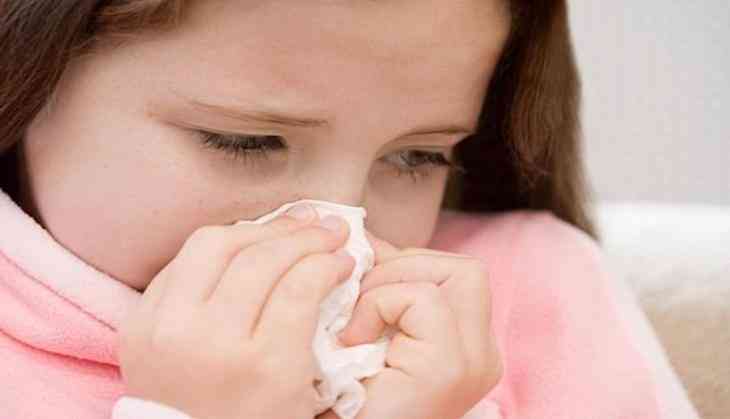
Parents beware! Children who suffer from respiratory infections, especially colds and sinusitis from age six months to five years old, are at increased risk of developing asthma and worse lung function in later life, warns a study.
The findings indicated that children, who had had upper respiratory infections, such as colds, sinusitis, laryngitis, tonsillitis, pharyngitis and otitis, by the age of five years, had a 1.5-fold increased risk of developing asthma in later life.
Children who had suffered from lower respiratory tract infections, such as bronchitis, bronchiolitis, pneumonia and general chest infections, had a two-to four-fold increased risk of developing asthma in later life and were also more likely to have worse lung function.
Dr Evelien van Meel from the University Medical Centre in The Netherlands said, "These findings support the hypothesis that early-life respiratory tract infections may influence the development of respiratory illnesses in the longer term. In particular, lower respiratory tract infections in early life seem to have the greatest adverse effect on lung function and the risk of asthma."
The team analysed data of 1,54,492 children from several European countries, who were born between 1989 and 2013.
The length of follow-up varied between groups, but ranged from birth until the age of four to 15 years.
The youngest children with lung function measurements were four-years-old and the oldest 15-years-old, with an average age of eight years."
They found that upper respiratory tract infections were not associated with worse lung function in later life.
However, lower respiratory tract infections at almost all ages were associated with worse lung function.
"At the age of eight years, asthma is usually well established, as is lung function. Lung function in childhood is most likely related with lung function in adulthood," van Meel added.
The study is presented at European Respiratory Society International Congress 2017.
-ANI


